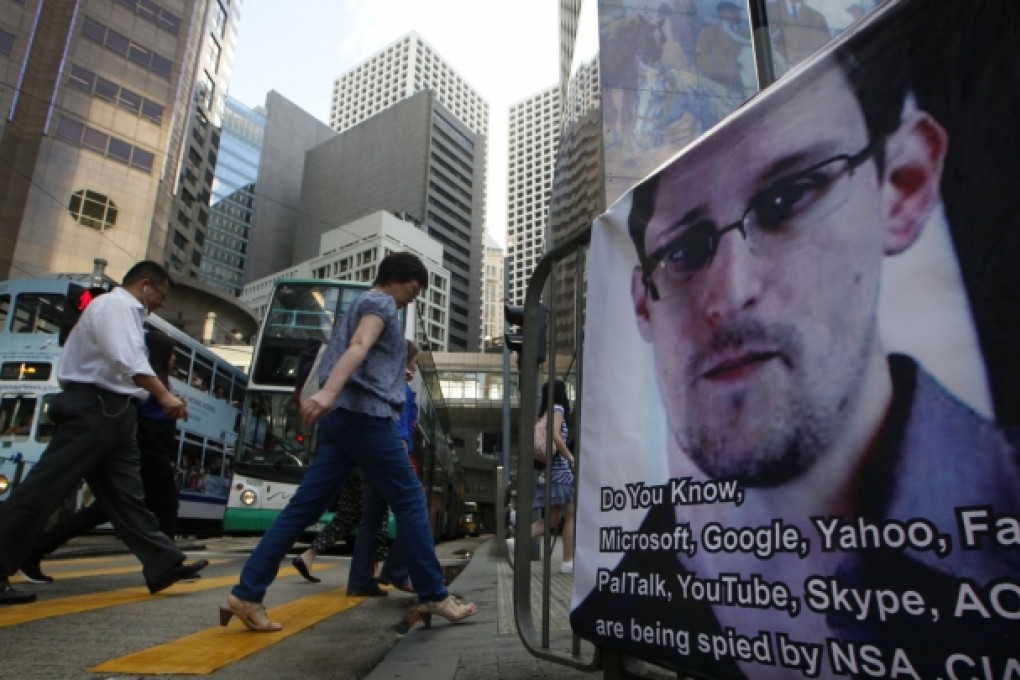Snowden a test of America's strident stance on civil rights
Yoichi Shimatsu recalls US Congress’ fiery denouncement of Article 23

If Washington is serious about seeking Edward Snowden's extradition, US Congress had better rescind House Resolution 277, passed in 2003, which categorically rejected national security as grounds for curtailing individual freedom in Hong Kong. The congressional bill is coming back to haunt the US.
The US government's opposition to the proposed Article 23 security amendment to the Basic Law went as far as sending funds and observers for the July 2003 street protests by half a million Hongkongers. By its active intervention and uncompromising legal language, Washington crossed the political Rubicon for civil rights and cannot now reverse its stance without being seen as total hypocrites.
Today, Washington must either stand by its own words or eat them in public
In the same vein as the US Homeland Security Act that came two years earlier, Article 23 was similar to most anti-subversion proposals in its heavy-handedness and dubious disregard for civil rights. It stated: "The HKSAR shall enact laws on its own to prohibit any act of treason, secession, sedition, subversion against the central people's government, or theft of state secrets."
Note the phrase "theft of state secrets". In its critique, Congress made no exception for the heist of government files and, on the contrary, defended the consulate's routine use of Hong Kong as a market for stolen documents. "The People's Republic of China's history of arbitrary application of its own criminal law against dissenters, and its pattern of imprisoning and exiling those with whom it disagrees, provide strong reasons to oppose the expansion of Beijing's ability to use its discretion against Hong Kong's freedoms," it said.
Congress argued that fugitives from security laws should be allowed to remain in the safe haven of Hong Kong with immunity from deportation back to a jurisdiction where stern punishment is meted out. "Subversion laws in the People's Republic of China are regularly used to convict and imprison journalists, labour activists, internet entrepreneurs, and academics." The detention of the WikiLeaks whistle-blower Bradley Manning and the harsh treatment of suspects at Guantanamo can hardly be taken as signs of leniency.
With indignant self-righteousness, even as the US was conducting its no-holds-barred "war on terror", Congress condemned "any restriction of the freedom of thought, expression, or association in Hong Kong, consistent with the United States-Hong Kong Policy Act of 1992".